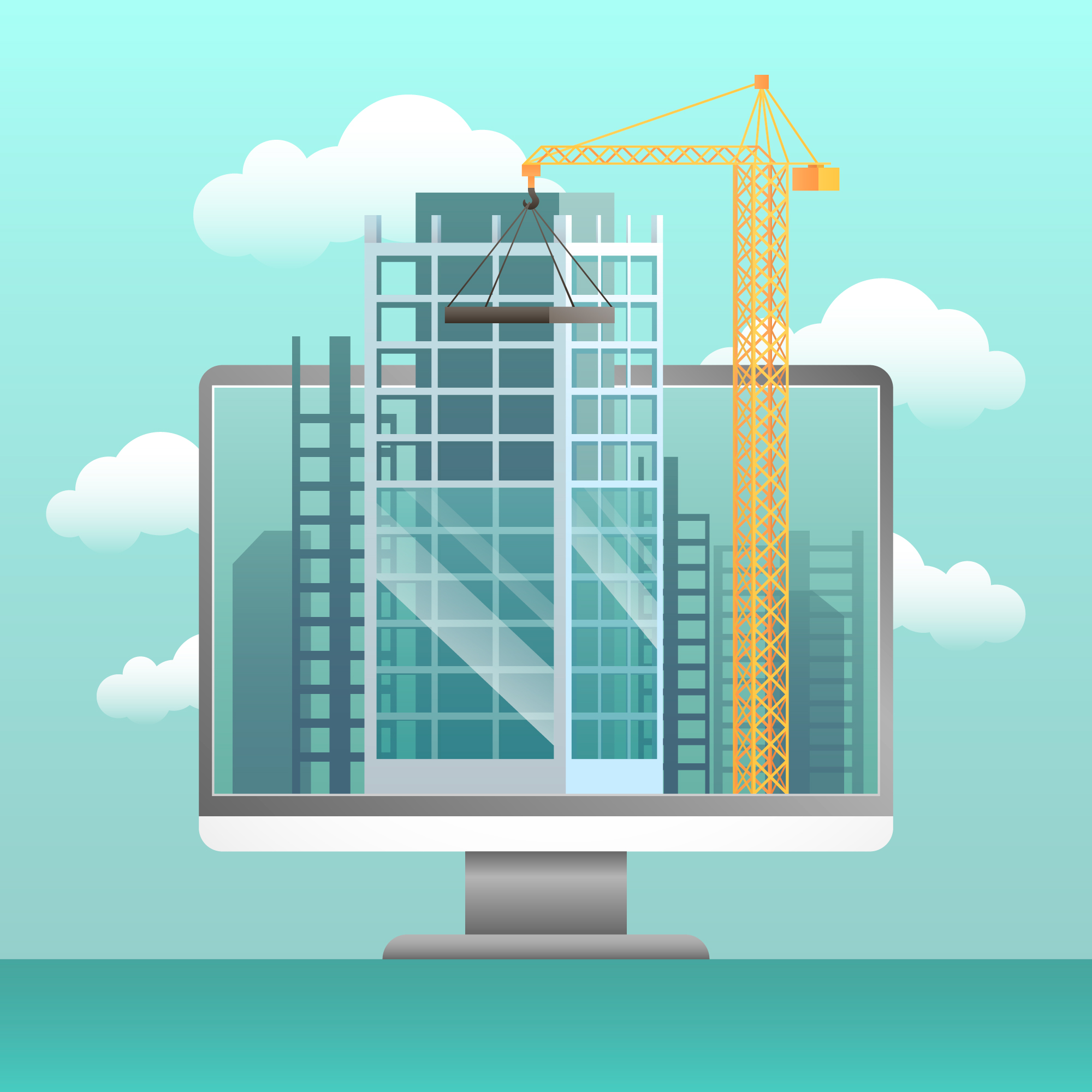The building industry is a major contributor to global pollution. It accounts for about 50% of all extracted materials and over 35% of the EU’s total waste generation. Greenhouse gas emissions from material extraction, manufacturing, and construction activities are estimated to contribute 37% of global emissions. As we strive to balance economic growth with environmental stewardship, adopting the 4R approach—reduce, reuse, recycle, and recover—becomes crucial in mitigating the environmental impact of the construction sector.
The digital value chain refers to the integration and optimization of business activities and processes through digital technologies to enhance value creation, delivery, and capture. In the building industry, it can significantly enhance sustainability by streamlining processes, improving efficiency, and promoting circular economy principles. Key innovations in this space include digital product passports, digital marketplaces for secondary raw materials, and platforms like Gaia-X.
Digital product passports provide comprehensive information about a building material’s origin, composition, and lifecycle. This transparency enables better decision-making, ensuring materials are reused or recycled rather than discarded. For example, when a building is demolished, the digital passport can inform stakeholders about which materials can be reclaimed, reducing waste and conserving resources.
Digital marketplaces for secondary raw materials facilitate the exchange of recycled materials between different actors in the construction industry. These platforms connect suppliers of recycled materials with construction companies looking to reduce their environmental footprint. This not only reduces the need for virgin materials but also lowers the cost and environmental impact of construction projects.
Gaia-X, a European initiative, aims to create a secure and federated data infrastructure. In the context of the building industry, Gaia-X can support the digital value chain by providing a platform where data on building materials, energy usage, and environmental impact can be shared securely. This collaborative approach enables more efficient resource management and promotes the reuse and recycling of materials.
The European Green Deal underscores the importance of these digital solutions in achieving climate neutrality by 2050. By leveraging digital technologies, we can enhance material efficiency and reduce emissions. For instance, greater material efficiency in the construction sector could potentially save up to 80% of greenhouse gas emissions related to material extraction and processing.
In conclusion, the digital value chain holds transformative potential for the building industry. By integrating digital product passports, digital marketplaces, and platforms like Gaia-X, we can significantly reduce pollution and promote a more sustainable, circular economy. Embracing these innovations is not just beneficial for the environment but also enhances the long-term competitiveness and resilience of the construction sector.
Article prepared by PP5 INFORDATA SISTEMI SRL (Samo Miot)
